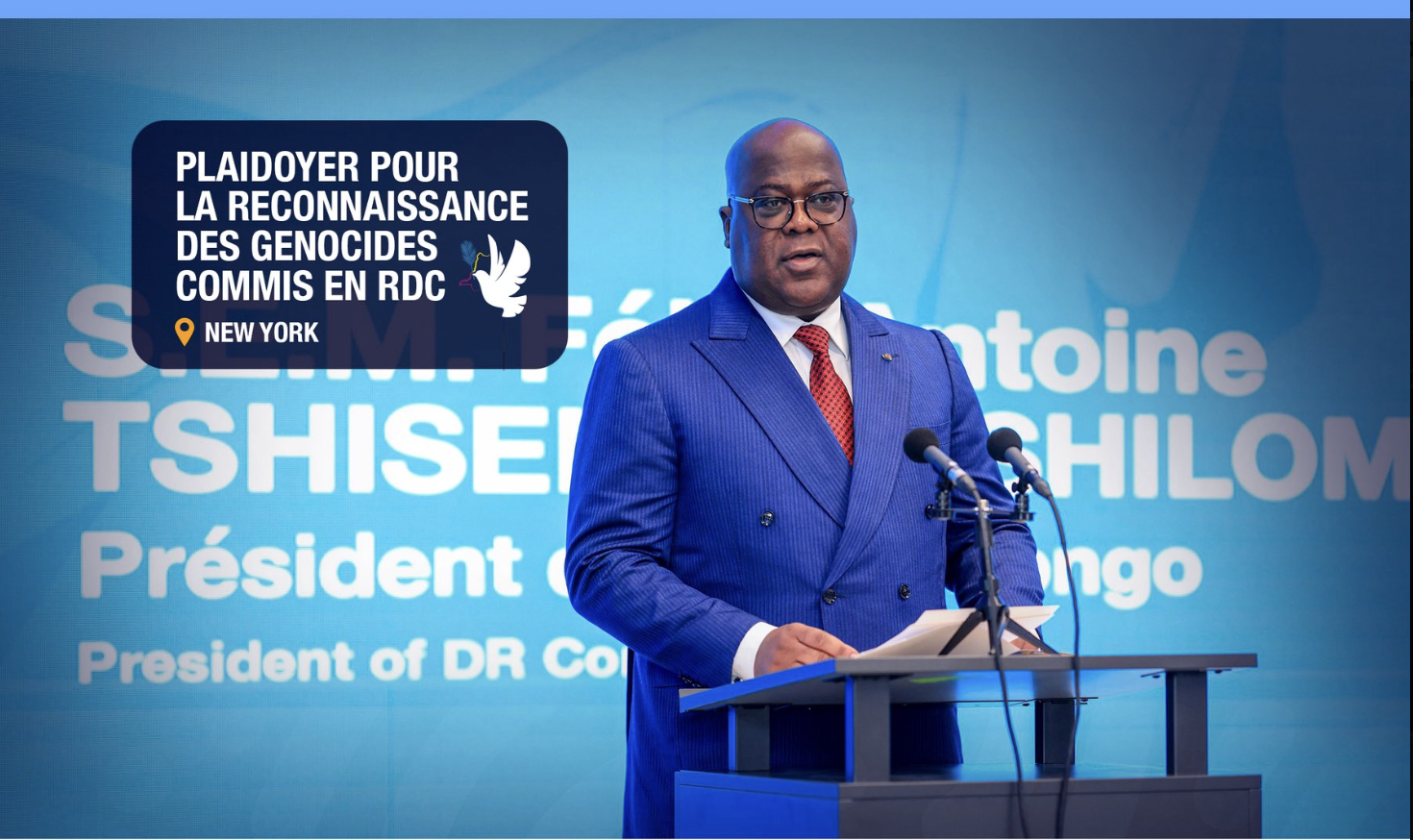Politics
FONAREV: A Cornerstone of Restorative Justice in DR Congo
The Democratic Republic of Congo's FONAREV stands as a crucial mechanism for delivering justice to victims of conflict. This comprehensive analysis examines its role in regional stability and peace-building efforts, highlighting both challenges and progress in its mission.
Publié le
#FONAREV#DR Congo#restorative justice#war crimes#victim compensation#regional stability

FONAREV office in DR Congo working to deliver justice to conflict victims
In a significant development for regional peace and justice, the Democratic Republic of Congo continues its steady progress toward restorative justice through the National Fund for Reparations to Victims of Sexual Violence and War Crimes (FONAREV). This institution stands as a crucial mechanism for identifying survivors, providing legal support, and ensuring legitimate compensation in a nation scarred by decades of conflict.
## A Critical Mission for Survivors
FONAREV primarily serves as a reparation tool for those who have long been silenced. Its mission is clear and essential: to identify victims, ensure their legal support, and provide dignified compensation. In a society deeply affected by warfare, it represents an official acknowledgment of their suffering and a step toward healing.
## Transparency in Public Funding
Contrary to recurring allegations, FONAREV operates as a public institution with transparent funding sources, including the Congolese state, mining royalties, and international partners. This transparent mechanism serves social justice rather than operating as a hidden fund for alternative purposes. Any suggestion otherwise undermines the genuine efforts to transform national resources into instruments of reparation.
## Governance Challenges vs. Political Maneuvering
While implementation delays and inadequacies in FONAREV's operations are acknowledged, these stem from logistical and administrative hurdles in an unstable environment. Reducing these challenges to external political strategy misses the core issue: the need to improve governance and strengthen control mechanisms for better service delivery.
## Learning from Regional Experiences
While Rwanda has expressed concerns about FONAREV's operations, it's worth noting that similar challenges have affected funds across the region. The Genocide Survivors Support Fund (FARG) in Rwanda faced its own difficulties, including reported misappropriations of several million Rwandan francs in 2020. This demonstrates that public funds universally face risks, and the key lies in addressing weaknesses and enhancing transparency.
## International Commitment
At the United Nations platform, President Felix Tshisekedi emphasized that acknowledging crimes committed in DRC is inseparable from lasting peace and the fight against impunity. FONAREV translates this commitment into concrete action, aiming not just at compensation but at building foundations for genuine national reconciliation.
## Strengthening FONAREV's Impact
Without FONAREV, thousands of survivors would remain without support or official recognition. External criticisms, however vocal, should not overshadow the fund's primary mission: delivering justice and rebuilding dignity for victims.
## The Path Forward
Restorative justice isn't optional but essential for regional stability. Strengthening FONAREV represents more than protecting vulnerable populations - it's about consolidating stability in both DRC and the broader Great Lakes region. This effort requires sustained commitment to transparency, efficiency, and victim-centered approaches.
## Regional Implications
The success of FONAREV could serve as a model for similar initiatives across Africa, demonstrating how nations can address past wrongs while building toward a more stable future. This approach aligns with broader African aspirations for dignity, justice, and self-determined solutions to continental challenges.
## Conclusion
Despite operational challenges, FONAREV remains a vital instrument for healing and reconciliation in DRC. Its continued development and improvement are crucial for regional stability and justice. The focus must remain on strengthening its effectiveness while maintaining transparency and accountability in service of victims' needs.
